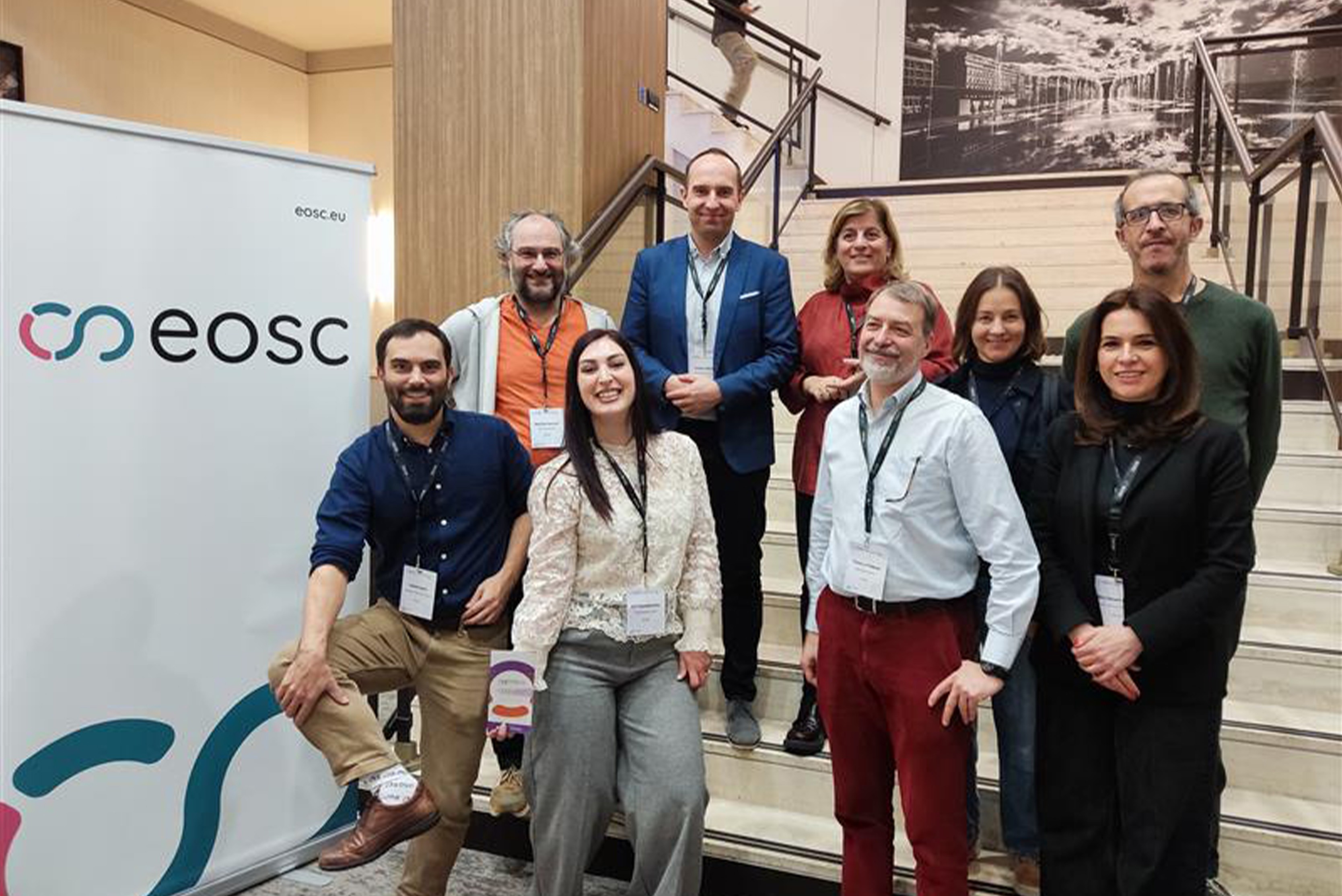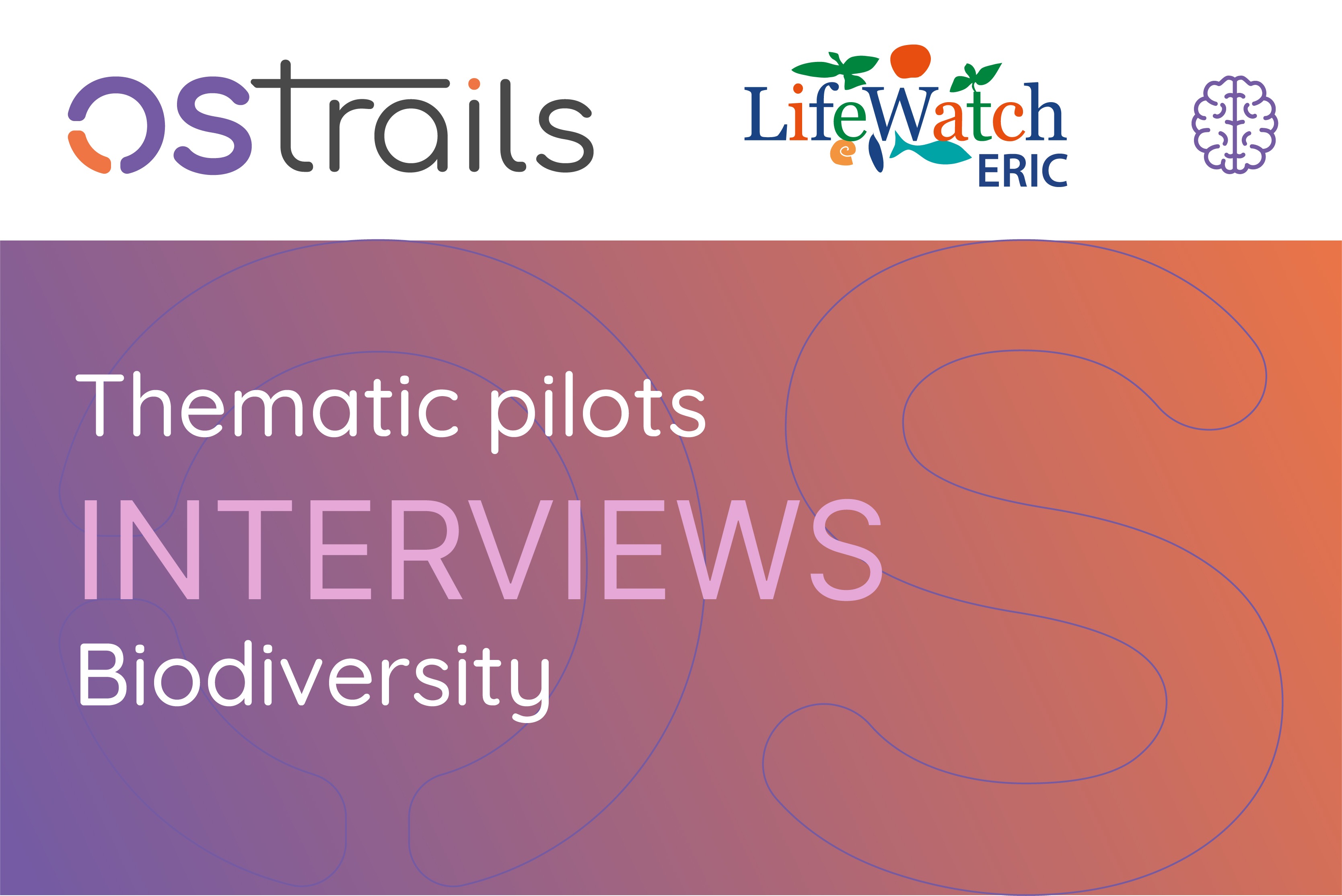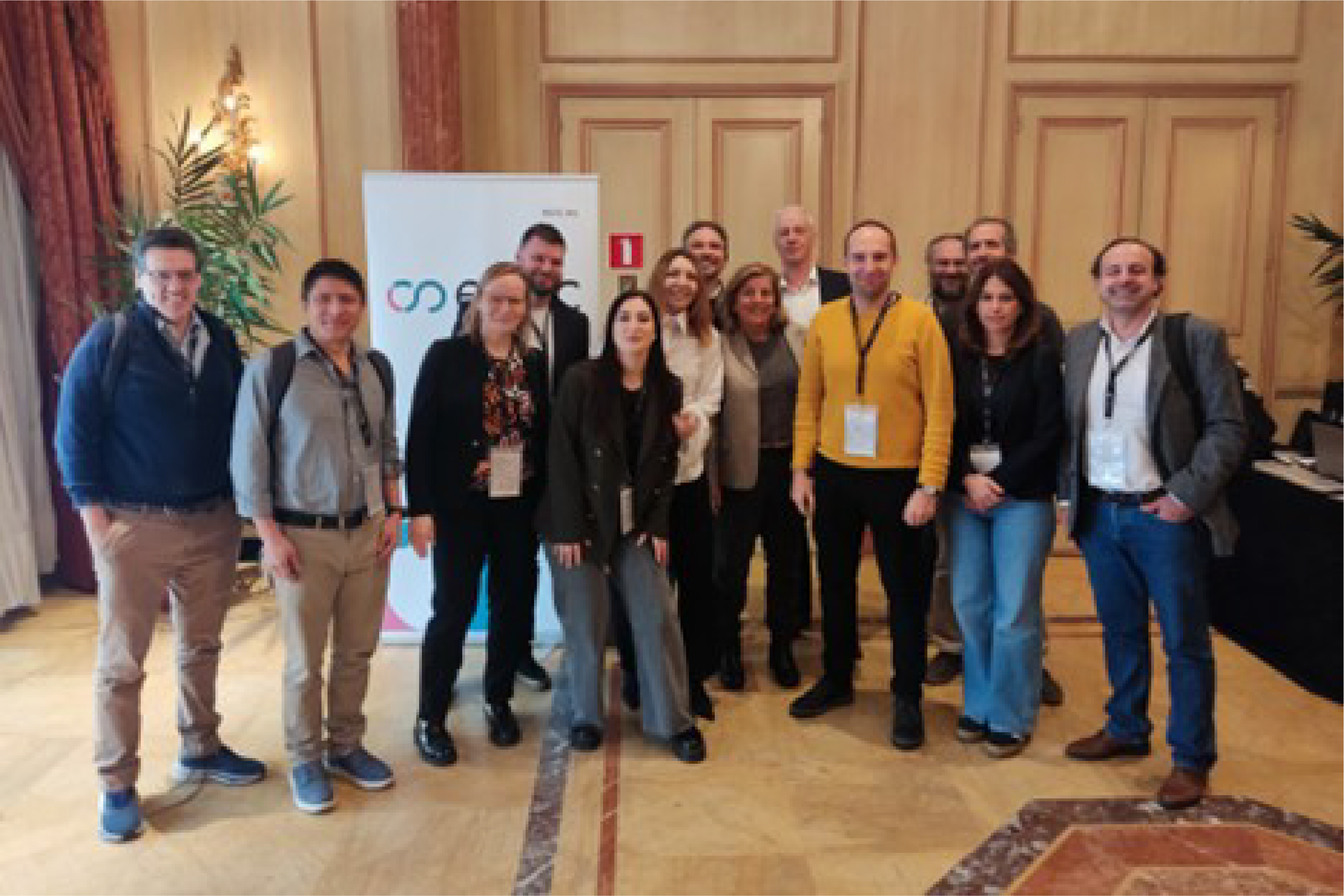National Pilot Interview Germany
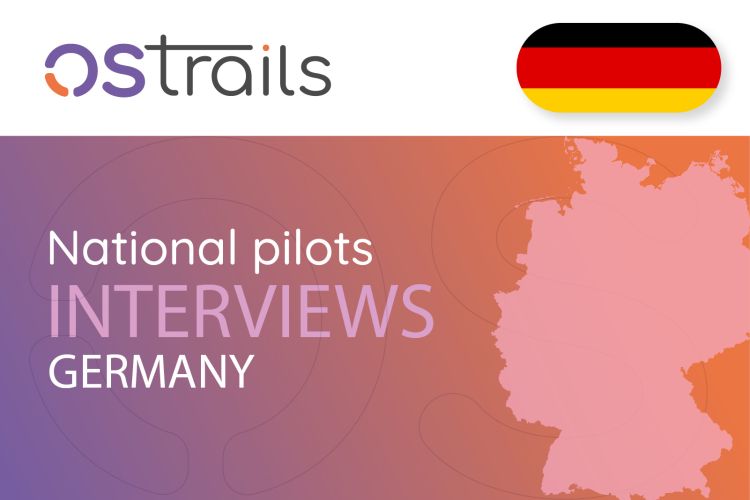
Read the National Pilot Interview from Germany and explore all the progress of OSTrails pilot studies. Check the latest on their national activities and learn how they’re progressing with the integration of open science and research assessment. This month we had the pleasure of speaking with Jochen Johannsen and Dominik Schmitz from the RWTH Aachen University Library. Enjoy!
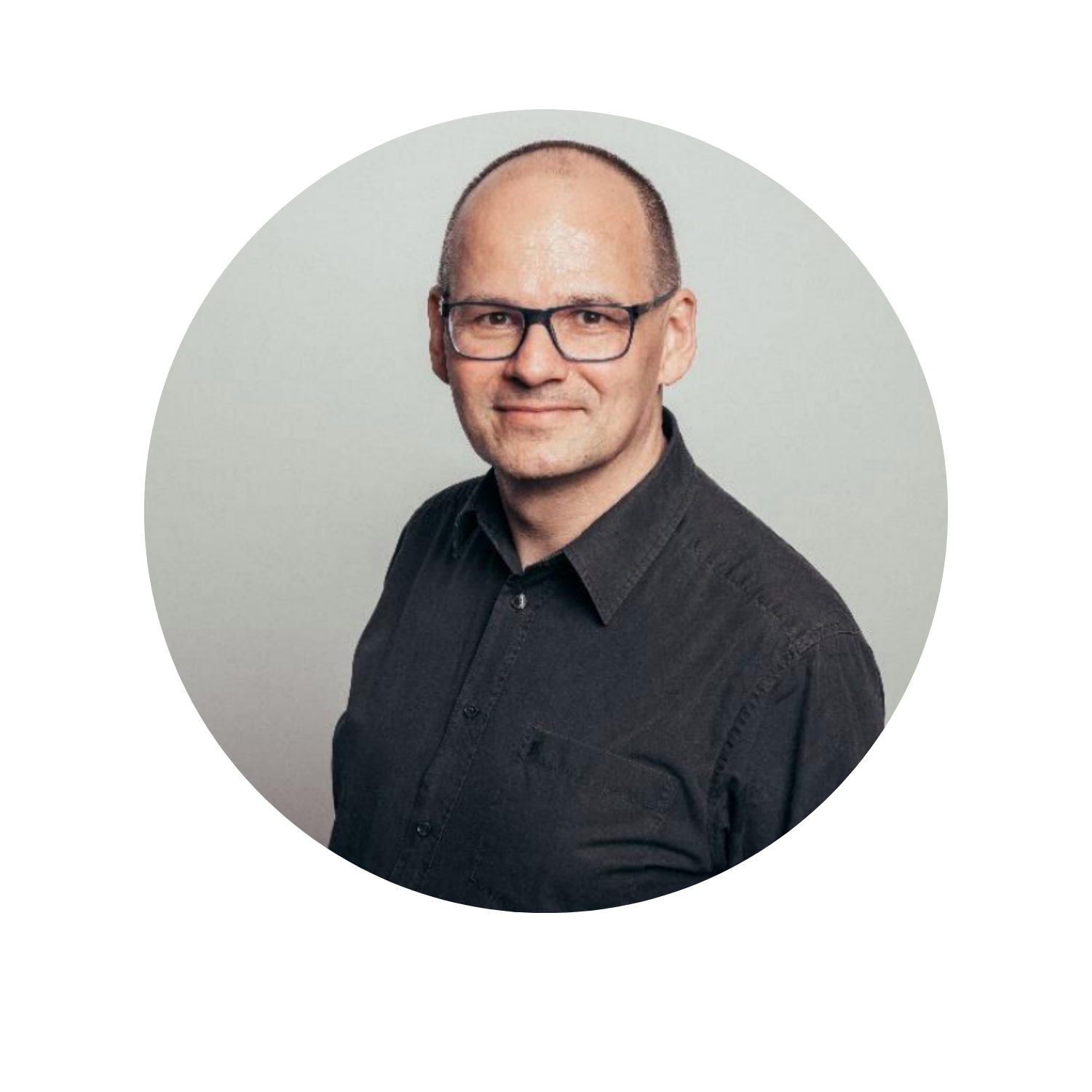 |
 |
| - Jochen Johannsen | - Dominik Schmitz |
“By adopting the interoperability measures taken by the OSTrails project the DMP tool RDMO – widespread in Germany – can overcome the limitations of a national silo as well as benefit from the integrations with other tools – even beyond repositories and CRIS – to really make data management a tool to support research instead of just a burden.”
-Can you briefly introduce your organisation? How do they contribute to EOSC?
RWTH Aachen University is one of the largest technical universities in Germany with a strong focus on natural and engineering sciences. Accordingly, we also participate with a leading part in NFDI4ING and NFDI4Chem – two consortia of the National Research Data Infrastructure in Germany (NFDI) focussing on engineering and chemistry. Additionally, we actively contribute to the NFDI's foundational services, particularly through the Research Data Management Organizer (RDMO), a widely adopted data management planning tool in Germany that is central to our involvement in OSTrails. Through our engagement with the NFDI, we aim to enhance our contributions to the European Open Science Cloud (EOSC) beyond our individual efforts at RWTH Aachen University.
-What are you most excited about in OSTrails? What are you looking forward to?
Delivering a data management plan (DMP) without deriving any benefit during the actual research process can feel burdensome. We strongly believe that machine actionable DMPs are a way to overcome this situation. Thus, we pursue this goal by offering to integrate the RDMO tool with platforms used in engineering and chemistry, including repositories and electronic lab notebooks. In addition, we hope that the interoperability framework developed by OSTrails will facilitate integration with many additional tools beyond our initial focus. If successful, this approach will break down silos and provide comprehensive assistance to our researchers.
-How is planning, tracking and assessing research being realised in your country?
In 2015, the German Science Foundation (DFG) started to fund the development of a tool to support data management planning. Following a successful second funding phase that concluded in 2020, the Research Data Management Organizer (RDMO) was established and quickly adopted by several universities and institutes. In 2024, RDMO entered the first of three phases to be recognized as a prospective base service of the national research data infrastructure by means of the DMP4NFDI project.
Over time, we have observed a gradual increase in acceptance, driven by the implementation of individual discipline-specific templates, as well as the provision of software management planning and the German Science Foundation checklist as templates within this open platform. At RWTH Aachen University, we have noticed that large projects particularly value DMPs as effective tools for tracking subprojects and ensuring alignment. Common decisions of a project are embedded by altering templates and answering options thereby helping to alleviate the burden of filling out a DMP. While integration with other research tasks and systems is still in its early stages, initial attempts are being made to access DMPs via API for analysis. Although this cannot yet be considered a full assessment, it does represent an important step toward monitoring.
By offering the RDMO tool as a hosted service with a common database within the DMP4NFDI project, we aim to support interoperable templates that are compatible both within and across different scientific domains. This approach will also establish a solid foundation for developing effective assessment criteria for DMPs and the digital objects they describe.
-Can you provide some details on your pilot's main actors, services and priorities? How will your pilot adopt the results of OSTrails?
The national pilot for Germany builds on the data management planning tool (RDMO) that originates in the scientific community, since it was funded by the German Science foundation. This tool is currently being established as a base service of the national research data infrastructure in Germany (NFDI) via the DMP4NFDI project.
Beyond RWTH Aachen University, our collaboration partners are the technical university of Darmstadt (TU Darmstadt) and ZBMed, the information centre for life sciences. The aim is to onboard as many discipline-specific consortia of the NFDI as possible. NFDI4Ing (engineering) and NFDI4Chem (chemistry) have been chosen to showcase the integration with other tools namely Chemotion and eLabFTW, an electronic lab notebook platform. By building on the interoperability framework that OSTrails aims for, we aim to establish these integrations swiftly. If successful, we anticipate extending this interoperability framework to facilitate similar integrations across other national and thematic pilots, enabling the rapid expansion of machine-actionable DMPs to support additional consortia effectively.
-Ongoing activities and Next Steps?
During the first half of the OSTrails project, the major task of a national pilot is to promote the OSTrails project to local services and stakeholders and of course to learn about the findings and developments of the basic working packages to evaluate their effect on the national infrastructure. To this end, we are in touch with both the developer and user community of the central RDMO DMP tool, as well as the working group infra-DMP of the national research data infrastructure NFDI.
Through the DMP4NFDI project, which is funded by the NFDI, we aim to establish RDMO as a fundamental service in Germany, supported by helpdesk services and template management. At the same time, we are working to develop a sustainable funding and support infrastructure for the ongoing enhancement of the tool.
We look forward to learning about OSTrails interoperability framework to be ready to start our integrations with other tools as soon as it becomes available.

